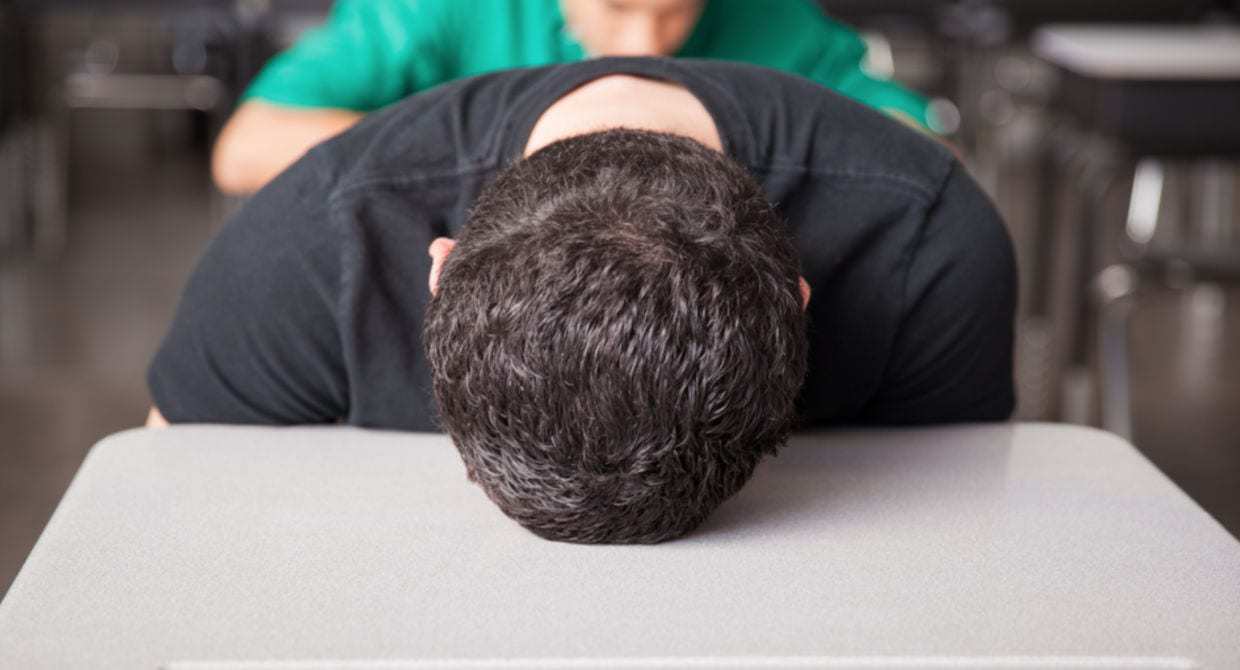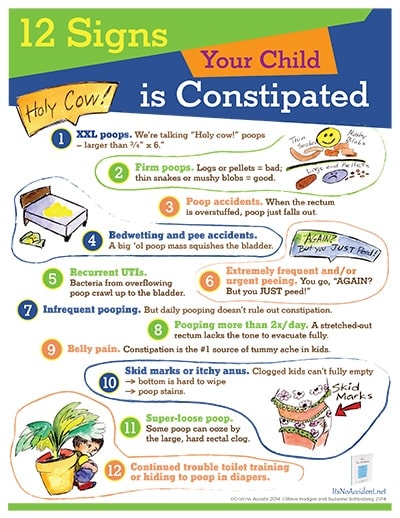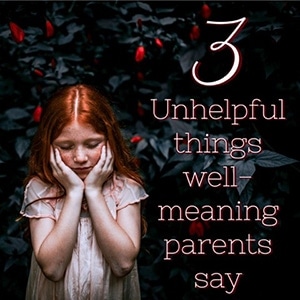


Can I pour that juice for you?
Are you sure that’s the right answer?
Did you remember to put your homework in your backpack?
We ask our kids lots of questions each day in hopes of avoiding minor messes, stained shirts, and undesirable consequences for them. But mostly, we want to build their confidence.
And if we want to build their confidence, a logical follow-up question would be: Should I let my kids fail?
It’s a scary concept. As parents, we want to see our kids succeed in everything they do–whether it’s acing their science homework, making the varsity softball team, or simply making a sandwich without smearing peanut butter and jelly all over the kitchen.
To help our children realize success, we often inundate them with constant reminders, prodding questions, and superhero-like maneuvers to rescue them when we see a risk of failure. Or even worse, parents go to deceptive lengths to manufacture success for their children.
But does that hurt more than help?
Why Rescuing Children Does More Harm Than Good
We’re well-intentioned parents. We all want our kids to be happy and feel good about themselves and their accomplishments.
But when kids don’t experience what it’s like to fail, they miss the opportunity to learn from their mistakes and don’t learn how to improve for the future. Furthermore, they’ll begin to lack the confidence to take risks and won’t courageously face their problems head-on or roll with the punches.
Or, worse still, when we rescue our kids, they may come to believe things always work out–and we all know that’s simply not true.
According to child and adolescent psychologist Dr. Jennifer Hartstein, “kids who are constantly bailed out of problem situations will come to avoid situations where they might fail. As they grow older, that can increase anxiety and depression when they need to depend on themselves in tough situations.”
When we allow our kids to face failure, they learn to find creative solutions to their problems.
So, let’s ask again: Should I let my kids fail?
Making mistakes is a part of everyday life.
Mistakes make us human, not failures.
Mistakes are a chance to learn and will help us adapt to new and difficult situations as we encounter them throughout life.
In the long run, making mistakes and learning from them will give our kids MORE self-confidence and resiliency than when we swoop in to save them from failure.
While we don’t need to set our kids up for failure, here are 5 strategies to help kids face potential failure.
5 Strategies to Face Failure and Learn From It
1. Take a Leap – As a Family
Let your kids know that risk-taking is an important value in your family. Share with your children how you’ve made mistakes and kept on trying.
Then, reinforce this belief with your actions. When your kid makes a mistake, don’t come down hard–encourage the effort, withhold judgment, and be an empathetic ear.
When risk-taking is a family value, kids will WANT to take on new challenges and experiences–whether it’s trying the scariest roller coaster in the park or signing up for calculus. You’ll also be more comfortable trying things outside your comfort zone–like picking up a hammer for Habitat for Humanity, learning a new language, or starting a new exercise program.
Difficult things are less difficult when done as a team–encourage your family to be the core catalyst for risk-taking, and you’ll be amazed how courageous you all become.
2. It’s Okay for Failure to be Familiar
No matter what it is–tying our shoes, sinking free throws, or diagramming a sentence–we’re bound to have a few hiccups along the way as we learn. Make sure your kids know to expect some failures as they try new things, and let them know that it’s normal and expected. Emphasize the positives of learning from mistakes, and how miscues make us more resilient.
Wendy Flynn said, “Allow yourself to be a beginner, no one starts off being excellent.” When kids (and adults) truly believe this, it’s possible to see failures with rose-colored glasses. Instead of setbacks, failures become steps forward to life-long learning and success.
3. Look at Those Who Have Risen Above
Some of the most successful people in the world, from business tycoons to all-star athletes, had to overcome major obstacles and failures throughout their careers–think Michael Jordan, Steve Jobs, Oprah Winfrey, to name a few.
Share these stories with your children and pepper the conversation with personal stories of how you’ve improved following difficulties in your own life.
4. Run a Post-Game Analysis
While we naturally want to step in when our kids fail, we need to avoid rescuing them. We can, however, support them and do a run-down of what happened (and what to try next time).
Try empathizing, saying, “I can tell that was hard for you. Now that you’ve been through this, what would you try next time?”
Don’t solve all the problems for them, but allow them to build up their critical thinking skills and develop a plan for the future.
5. Support Your Student by Letting Go
Many times, parents feel just as much pressure for their kids to bring home a straight-A report card as the students do. School is one of the hardest places to let our kids fail, but it’s one of the best–and most important–places for them to take responsibility for their own success.
Learning to manage assignments and practices, dealing with teachers and classmates, and improving their work will all serve them well as they head to college and the workforce. This doesn’t mean you need to completely withdraw yourself from your kids’ academic responsibilities or extracurricular activities–just offer the right kind of support.
Be clear that your child’s academics are completely their responsibility, and give them the tools and resources to solve problems when they arise. Help them to recognize when they may be struggling and how to deal with it–talking to the teacher after class or studying with a friend, for example.
Run through how a meeting with a teacher to discuss a test grade might go–but make sure your student goes to the teacher, not you.
Final Thoughts
If the report card comes home with poor grades, let your kid experience the consequences of the situation to truly learn an important lesson. Encourage and support them in raising their grades, but make sure the responsibility to improve is in their hands.
As they earn grades that they’ve worked so hard to achieve, they’ll be proud of what they’ve done, and they’ll have a great work ethic and sense of responsibility to carry them through college and beyond.
Disappointment is a regular aspect of all our lives, so the answer to “should I let my kids fail?” is clear: giving our kids the tools they need to roll with the punches and bounce back from failure will be a lesson that will serve them the rest of their life.
As much as we’d like to, we can’t protect our kids forever, but we can give them the skills to be the best they can be. Early experiences with failure will help them make tough decisions as they grow older and ultimately guide their successes.
If you’d like to learn even more strategies to raise confident, capable and grateful children, I’d love for you to
JOIN ME FOR A FREE ONLINE CLASS!
I’ll teach you how to get your kids to listen–no nagging, yelling, or reminding required.
As always, I’m wishing you the best in your parenting journey. We are here if you need us!













